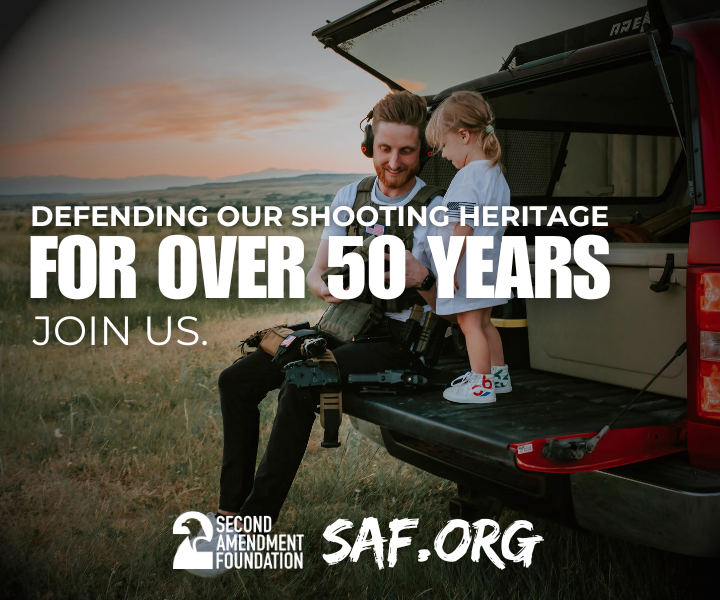Russian gun rights activist Maria Butina pleaded guilty on Dec. 13 in federal court in Washington to conspiring to act as an unregistered agent of the Russian government, admitting that she worked for more than two years to forge relationships with conservative activists and leading Republicans in the United States.

Maria Butina
One of Butina’s main targets was the NRA — a group she identified in a 2015 memo as an organization that “had influence over” the Republican Party, according to court filings reported by The Washington Post.
Her relationships with the group, she wrote, could be used as the groundwork for an unofficial channel of communication to the next presidential administration.
Later that year, she helped organize a delegation of top NRA leaders to visit Moscow, arranging for them to meet Russian government officials, and she attended the group’s annual conventions as an honored guest.
Butina and Alexander Torshin, a former Russian government official who helped direct her activities, then used their NRA connections to get access to GOP presidential candidates, according to court filings.
Butina’s case exposed how Russia saw the NRA as a key pathway to influencing American politics to the Kremlin’s benefit. And it has intensified speculative media questions about what the gun rights group knew of the Russian effort to shape US policy and whether it faces ongoing legal scrutiny.
The 30-year-old Butina the first Russian national convicted of seeking to influence US policy as a foreign agent before the 2016 election — agreed to cooperate in a plea deal with US investigators in exchange for less prison time.
“Who at the NRA knew Butina’s agenda, and what did they get in return?” Sen. Ron Wyden (D-OR) reportedly asked in a Dec. 13 tweet.
Wyden, who has sought to learn more about the NRA’s Russia ties as the ranking Democrat on the Senate Finance Committee, said the organization has turned over documents related to Butina but has not provided financial records he has requested.
“Everything I have learned about the NRA to date has made me more concerned about its activities leading up to the 2016 election, not less,” Wyden said in a statement to The Washington Post.
Wyden sent letters to three past presidents of the group, asking that they agree to be interviewed by the committee about the group’s interactions with Russia.
“I’m just amazed that in today’s world, if you shake hands with a Russian, you must be an agent of the Kremlin,” David Keene, a former NRA president who was a key contact for Butina and Torshin, told the New York Times earlier this year.
According to The Post, on Dec, 11, Russian President Vladimir Putin addressed Butina’s case at a meeting of a Kremlin council on human rights in Moscow, saying: “I asked all the heads of our intelligence services what is happening, ‘Who is she?’ No one knows a thing about her.”
Under Putin’s leadership, apparently the Russian people’s efforts to secure greater access to legal firearms had a secondary purpose. Even Russian media was more supportive of the right to bear arms for defense, and at one point Russia did relax some of its gun control restrictions for the average citizen. The Post and other American media have been trying to tie of foreign gun rights movement with American presidential politics.
The NRA’s interactions with Butina and Torshin came as the group embarked on an unprecedented spending spree to help elect Donald Trump president, The Post noted.


